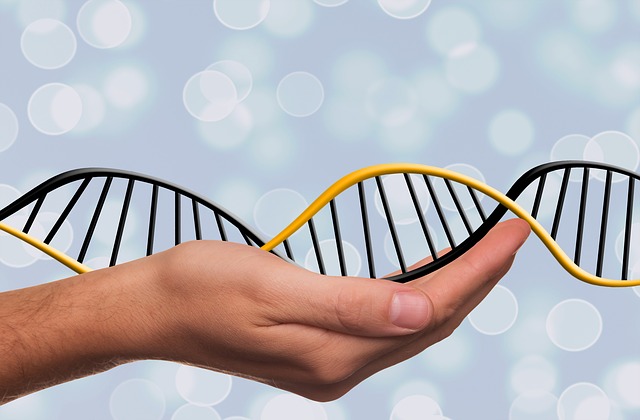Pitt Hopkins-associated gastrointestinal challenges might be eradicated by microbiota transfer therapy. A research program at Arizona State University (ASU) aims to solve constipation issues associated with the disorder.
Pitt Hopkins syndrome
Children with the syndrome lack a gene called TCF4 on their 18th chromosome. Persons with Pitt Hopkins syndrome have difficulty walking and talking. They also have constipation challenges such that going to the bathroom becomes a struggle.
Pitt Hopkins wasn’t diagnosed until 2007, and Arizona has a record of 7 children with the disorder. Nicole Anderson, an alumnus of Arizona State University, also has a child with the disorder, Alexandra, one of about 1,000 people in the world with a rare neurodevelopment disorder.
Pitt Hopkins Microbiota Transfer Therapy
The ASU research program will modify the gut microbiome of individuals with Pitt Hopkins syndrome. Similar research was performed on persons with Autism Spectrum Disorders, and substantial improvements were recorded. Treated patients reported that their symptoms reduced by 80 percent.
The disorder is classified on the autism spectrum, the reason for the research at ASU. The director of the research program, James Adams, believes that modifying the gut microbiome in children with ASD improves their gastrointestinal (GI) and behavioral symptoms.
Adams’ research team observed an abnormal gut microbiota in individuals with Autism Spectrum Disorders (ASD). This suggested a link between Autism Spectrum Disorders and the gut microbiome. The gastrointestinal symptoms associated with the disorder is believed to also benefit from this gut microbiome correction.
The microbiota transfer therapy will introduce commensal microbes into the guts and potentially build up to effectively chronic gut problems in children with Pitt Hopkins syndrome.
The ASU autism/Asperger’s Research Program is the first to conduct a human clinical trial for the disorder, which will begin in early 2020.







